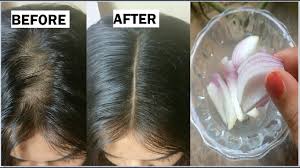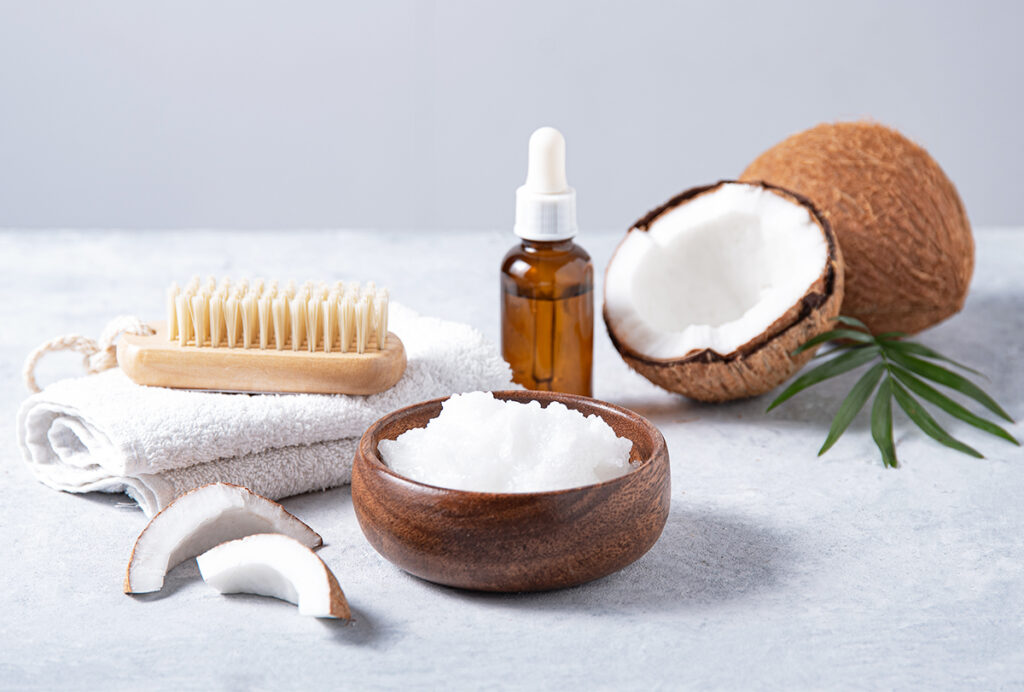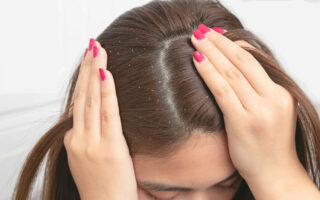Unlocking the Secrets of Hair Growth: Understanding the Process and Promoting Healthy Growth
Hair growth is a complex and fascinating process that plays a significant role in our appearance and self-esteem. Whether you’re looking to enhance the length, thickness, or overall health of your hair, understanding the factors influencing hair growth is key to achieving your desired results. In this article, we’ll explore the science behind hair growth, debunk common myths, and discuss effective strategies for promoting healthy hair growth.
Promoting hair growth involves a combination of good hair care practices, a healthy lifestyle, and, in some cases, the use of specific products or treatments. Ensure you have a well-balanced diet rich in vitamins, minerals, and protein. These nutrients are essential for hair health and growth. Include foods high in biotin (vitamin H), such as eggs, nuts, and whole grains. Hair is made of a protein called keratin, so including an adequate amount of protein in your diet is crucial for hair growth. Good sources of protein include meat, fish, dairy products, beans, and nuts.
The Science of Hair Growth: Hair growth, scientifically known as pilogenesis, occurs in a cyclical process consisting of three main phases: anagen, catagen, and telogen.
- Anagen Phase: This is the active growth phase, during which hair follicles produce new hair cells at the root. The duration of the anagen phase varies among individuals and can last anywhere from two to seven years. Hair grows approximately half an inch per month during this phase.
- Catagen Phase: Also known as the transitional phase, the catagen phase marks the end of active growth. Hair follicles shrink and detach from the blood supply, causing hair growth to cease. This phase typically lasts for a few weeks.
- Telogen Phase: The telogen phase, or resting phase, is when the hair follicle remains dormant. Shedding of the hair occurs during this phase, as the old hair is pushed out by the new hair growing beneath it. The telogen phase lasts for about three to four months before the cycle repeats.
Factors Influencing Hair Growth
Hair growth is influenced by various factors, including genetics, diet, overall health, and hair care practices. While you can’t dramatically speed up hair growth, you can take steps to support healthy hair growth. Several factors influence the rate and quality of hair growth, including:
Genetics: Genetic predisposition plays a significant role in determining hair growth patterns, including hair texture, density, and growth rate. Hormonal imbalances, such as those experienced during puberty, pregnancy, menopause, or thyroid disorders, can affect hair growth cycles and lead to hair loss or thinning.
Balanced Diet: Eating a well-rounded diet rich in vitamins, minerals, and proteins supports healthy hair growth. Foods high in biotin (eggs, nuts, seeds), vitamins A, C, D, and E, as well as omega-3 fatty acids (found in fish, flaxseeds, and walnuts), are particularly beneficial.

Scalp Health: A healthy scalp promotes healthy hair growth. Keep your scalp clean by regularly washing your hair to remove buildup and using a gentle shampoo. Consider using a scalp massage brush to stimulate blood flow, which can encourage hair growth.

Regular Trims: While it might seem counterintuitive, getting regular trims (every 6-8 weeks) helps remove split ends, preventing further damage and breakage, which can indirectly support overall hair health and length retention. . Manage stress through activities like meditation, yoga, or deep breathing exercises. Chronic stress can contribute to hair loss.
Avoid Overprocessing: Limit the use of harsh chemical treatments, excessive heat styling, and tight hairstyles that can cause damage and breakage, hindering hair growth.
Supplements: In some cases, supplements like biotin, collagen, or specific hair growth supplements might support hair health, but it’s essential to consult with a healthcare professional before starting any new supplements. Hair is made of a protein called keratin, so including an adequate amount of protein in your diet is crucial for hair growth. Good sources of protein include meat, fish, dairy products, beans, and nuts.

Patience: On average, hair grows about half an inch (1.25 centimeters) per month. This rate can vary from person to person and due to individual factors like age, genetics, and overall health.
Reduce Stress: Stress can affect hair growth, so finding ways to manage stress levels through activities like exercise, meditation, or hobbies may indirectly support healthy hair growth.
Consult a Professional: If you’re experiencing hair loss or have concerns about your hair growth, it’s best to consult with a dermatologist or a healthcare professional. They can provide guidance, assess potential underlying causes, and recommend appropriate treatments or lifestyle changes.
Understanding the science of hair growth and the factors influencing it is essential for promoting healthy, vibrant hair. By adopting a holistic approach that includes proper nutrition, scalp care, and a gentle hair care routine, you can support optimal hair growth and maintain a full, luscious mane. Remember to be patient and consistent with your hair care efforts, as healthy hair growth takes time and dedication. With the right strategies in place, you can unlock the secrets to achieving the hair of your dreams and enjoy a confident, radiant appearance.
Remember, while these tips can support healthy hair growth, individual results may vary, and it’s essential to be patient as hair growth is a gradual process



